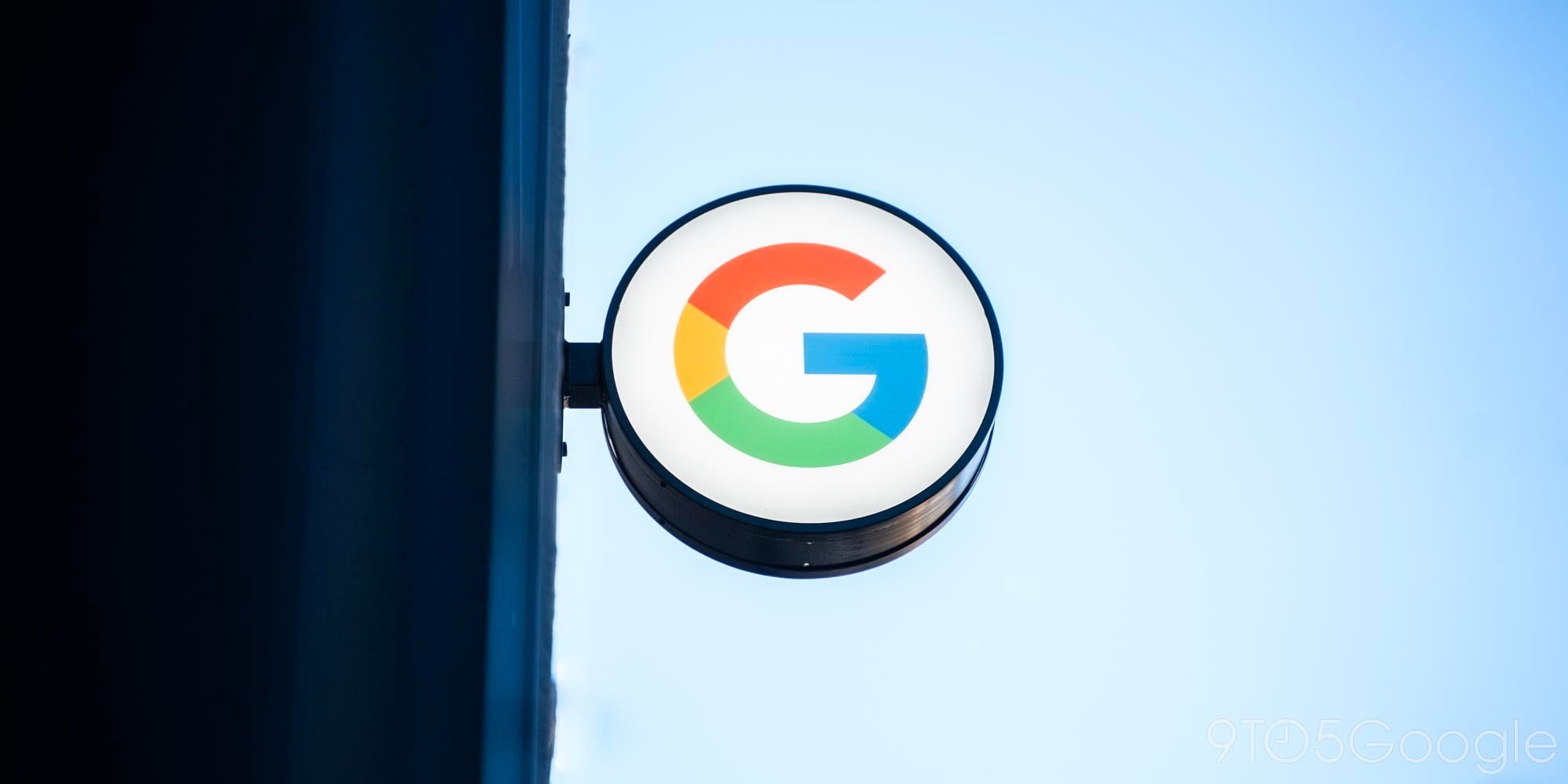
Earlier this year, we leaked that Google’s next flagship phones, the Pixel 6 and Pixel 6 Pro, would run on a Made by Google ‘Whitechapel’ chip instead of one made by Qualcomm. Today, Google has formally unveiled its first Whitechapel hardware as the “Google Tensor” chip.
For every Pixel phone in the past, Google has turned to Qualcomm Snapdragon chips, most recently putting a upper-mid-range Snapdragon 765 chip into the Pixel 5 and Pixel 4a 5G instead of the flagship-level Snapdragon 865. Since last year, though, it had been reported that Google was working on its own “Whitechapel” hardware to power phones and potentially Chromebooks, seemingly moving away from their reliance on Qualcomm.
Today, in announcing the Pixel 6 and Pixel 6 Pro, Google has formally unveiled the chip that will be powering the phones as the “Google Tensor” chip. In the code for the Google Store landing page for the Pixel 6, we find references to “Whitechapel” in the section talking about the Tensor chip, confirming that the two are one and the same.
In past, Google has used the “Tensor” name to refer to its machine learning hardware, such as the “Tensor Processing Unit,” which is used both in Google Cloud and as part of the Pixel 4 series’ Neural Core. On the latter, the Neural Core was able to massively speed up image processing allowing for things like the “Live HDR” as well as speech recognition features that powered the next-generation Google Assistant.
For the Pixel 6 and Pixel 6 Pro, AI and machine learning are seemingly at the heart of what Google is offering, and to accomplish that, Tensor is taking a larger role in the phones by serving as the main system-on-a-chip (SoC).
From what has been shared so far, it seems that the Google Tensor chip will supercharge image and video processing, as well as speech recognition capabilities. For instance, the Pixel 6 series will be able to apply HDR to each individual frame of a video and even translate audio in real time.
Beyond machine learning, Google is also integrating more of its own hardware smarts into the Tensor chip with things like the brand new “Titan M2” security — successor to the Titan M chip seen in recent Pixel phones — as well as a dedicated “security core.” So far, no details of the pure computing power of the Google Tensor have been officially shared.
Based on our own reporting, the first Google Tensor chip (née Whitechapel) should have a model number of “GS101,” but a photo of the chip — shared by Google CEO Sundar Pichai — unfortunately has the technical details blurred out.
Notably, Google has directly said that the new Tensor chip is designed “specifically for Pixels,” which strongly implies that it will be exclusive to Made by Google hardware and won’t be seen on any third-party Android device. Relatedly, the company has made no mention of the Google Tensor chip being used in Chromebooks, as was originally reported by Axios.
More on Pixel 6 & Pixel 6 Pro:
- Google Pixel 6 specs: ‘Tensor’ chip, 120Hz display, 4x zoom, under-display fingerprint
- Yes, you heard right — the Pixel 6 series looks to restore a ‘real’ earpiece speaker
- Google confirms ‘Pixel 6’ and ‘Pixel 6 Pro’ name with ‘Tensor’ chip, coming this fall
- Analysis: Android 12 hints at what Google is working on beyond the Pixel 6
FTC: We use income earning auto affiliate links. More.


Comments